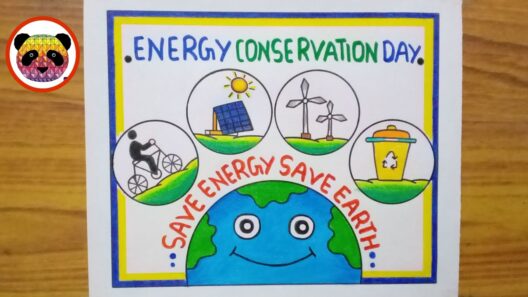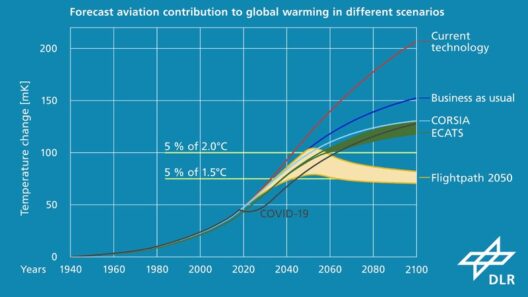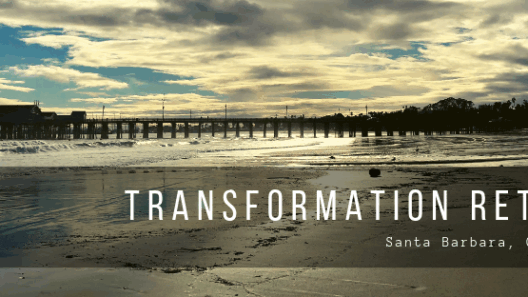Indonesia, with its sprawling archipelago and rich biodiversity, faces a colossal challenge: waste management. The country ranks among the top ten contributors to ocean plastic pollution, with its rivers and coastlines littered with refuse. Yet, what if we could flip the narrative? What if, instead of viewing waste as a nuisance, we saw it as an opportunity—an avenue for climate action? Transforming garbage into resources could hold the key to sustainable environmental practices in Indonesia and beyond. How well do you know your trash, and could you ever envision it as treasure?
The challenge at hand is immense, exacerbated by various socio-economic factors. Rapid urbanization, burgeoning populations, and insufficient infrastructure have resulted in an overwhelming increase in waste generation. As of recent years, the Indonesian populace produces approximately 68 million tons of waste annually, a staggering figure that continues to escalate. Traditional waste disposal methods have proven inadequate, leading to overflowing landfills and rampant illegal dumping. Consequently, the ramifications of this waste crisis are dire, including severe health hazards, environmental degradation, and exacerbated climate change.
In this context, the question arises: has Indonesia unwittingly stumbled upon a golden opportunity hidden within its waste? The concept of transforming trash into treasure is more than mere idealism; it is an imperative strategy that intertwines waste reduction with innovative climate solutions. By viewing waste as a resource, there lies the potential to foster economic growth, create job opportunities, and promote sustainability.
To embark on this journey, we must examine the diverse types of waste generated—particularly organic waste, plastics, and electronic waste. Organic waste constitutes a considerable portion of Indonesia’s waste stream, mainly comprising food scraps and agricultural residues. In a country rich in agriculture, the valorization of organic matter through composting and biogas production stands out as a feasible solution. Composting not only mitigates landfill overflow but also enriches soil health, thus contributing to food security and carbon sequestration. Moreover, biogas plants, when harnessed effectively, can convert organic waste into renewable energy, illuminating homes while decreasing reliance on fossil fuels.
Meanwhile, plastic waste presents a daunting adversary. The inability to recycle effectively has turned many Indonesian waterways into grim showcases of plastic pollution. However, innovative entrepreneurs have emerged, employing creative methods to repurpose plastic. Upcycling initiatives are gaining momentum, transforming discarded plastics into fashionable bags, artistic sculptures, or functional household items. This burgeoning sector not only diverts plastics from landfills but also stimulates local economies and raises awareness about the importance of reducing plastic consumption.
As the technological landscape evolves, we must also address the growing issue of electronic waste (e-waste), which has risen dramatically due to Indonesia’s increasing tech adoption. E-waste contains valuable metals and materials that can be harvested instead of allowing these gadgets to languish in landfills. Responsible recycling programs are essential to reclaim precious resources, divert hazardous substances from the environment, and create job opportunities in a burgeoning industry dedicated to proper e-waste management.
The mobilization of communities represents a cornerstone of any successful waste management strategy. Grassroots movements have proven instrumental in educating the public about segregation, recycling, and sustainable consumption. Engaging citizens in composting programs and clean-up drives can foster a sense of ownership over local environments and highlight the crucial role each individual plays in tackling the waste crisis. This collective effort positions communities not only as passive participants but as active drivers of change.
Moreover, government policies are pivotal in orchestrating a paradigm shift towards sustainability. Indonesia’s government must enact stringent regulations that mandate waste segregation, incentivize recycling initiatives, and promote circular economy practices. Robust waste management frameworks can facilitate collaboration among stakeholders, including businesses, local governments, and non-governmental organizations, paving the way for a cohesive and effective response to the waste crisis.
Yet, as we navigate this path, we must ponder: can innovation alone address the breadth of Indonesia’s waste challenges? Seemingly, the answer lies in multi-faceted approaches. Education, socio-economic development, and technological innovation must intertwine harmoniously to create sustainable solutions. With the right blend of resources and commitment, Indonesia can leverage its waste crisis as a catalyst for transformative change.
While the task ahead may seem daunting, Indonesia’s potential to turn trash into treasures holds the promise of a brighter, cleaner future. The drive toward sustainability necessitates an invaluable shift in perspective, where citizens, businesses, and policymakers unite in a shared vision. By embracing creative waste management practices and fostering a culture of recycling and innovation, Indonesia can position itself as a leading example in the global movement to combat climate change.
So, the next time you pick up something you consider useless, reflect on its possibilities. How can it be transformed? Might it become more than just trash in your eyes? As Indonesia embarks on its formidable waste journey, the answers may very well be waiting amidst the refuse—a hopeful reminder that even garbage can ignite climate action and lead us toward a sustainable future.








